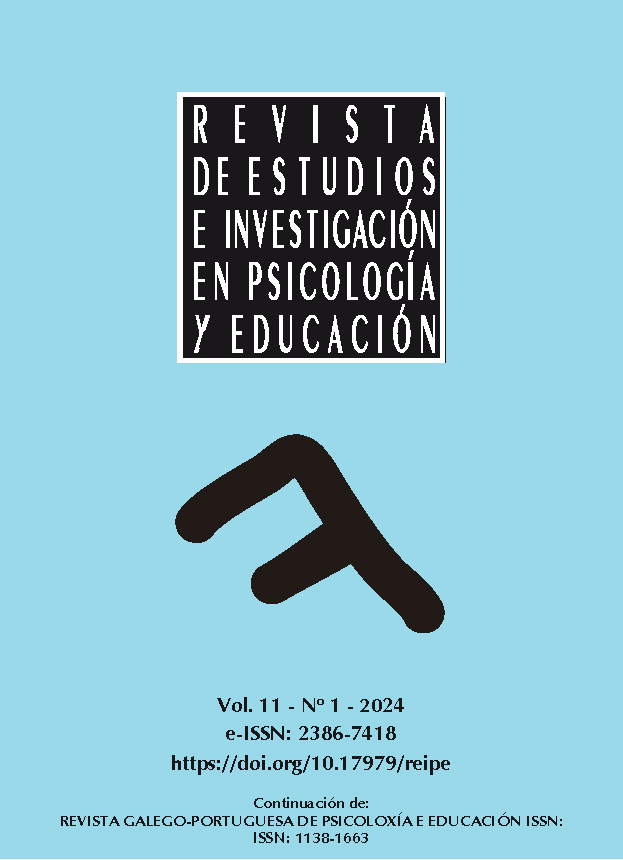Percepciones de los estudiantes de secundaria sobre el modelo flipped classroom en un contexto en línea
##plugins.themes.bootstrap3.article.main##
Resumen
Durante la pandemia, el modelo de aula invertida (flipped classroom model - FCM) totalmente en línea se convirtió en una alternativa al FCM híbrido. Para evaluar la aplicación del FCM en un contexto en línea, se llevó a cabo un estudio de investigación-acción con estudiantes de secundaria portugueses que combinaba clases asíncronas y síncronas. El diseño de las clases se basó en el Modelo 5E: Engage, Explore, Explain, Elaborate and Evaluate. Los datos se recogieron mediante un cuestionario y las interacciones de los/as estudiantes en las actividades sincrónicas. Los resultados muestran que las lecciones asíncronas estimularon el interés de los estudiantes por el tema (Engage), permitiéndoles adquirir una comprensión inicial del mismo (Explore) y demostrar el aprendizaje adquirido (Explain). Las clases sincrónicas pusieron de relieve el papel activo del alumnado en la resolución de problemas complejos en grupo y en la ampliación del aprendizaje autónomo (Elaborate y Evaluate). Sin embargo, en el proceso de ampliación de su aprendizaje, se observó que los/as estudiantes confiaban más en la retroalimentación inmediata del profesorado que en la de sus compañeros/as. Los resultados del estudio confirman que el FCM se adecua al entorno en línea y fomenta la personalización del aprendizaje personalizado y la autonomía del alumnado.
Descargas
##plugins.themes.bootstrap3.article.details##

Esta obra está bajo una licencia internacional Creative Commons Atribución-CompartirIgual 4.0.
Los trabajos publicados en esta revista están bajo una licencia Creative Commons Reconocimiento-CompartirIgual 4.0 Internacional.
Los/as autores/as son los titulares de los derechos de explotación (copyright) de su trabajo, pero ceden el derecho de la primera publicación a la Revista de Estudios e Investigación en Psicología y Educación, la cual podrá publicar en cualquier lengua y soporte, divulgar y distribuir su contenido total o parcial por todos los medios tecnológicamente disponibles y a través de repositorios.
Se permite y anima a los/as autores/as a difundir los artículos aceptados para su publicación en los sitios web personales o institucionales, antes y después de su publicación, siempre que se indique claramente que el trabajo está en esta revista y se proporcionen los datos bibliográficos completos junto con el acceso al documento, preferiblemente mediante el DOI (en caso de que sea imprescindible utilizar un pdf, debe emplearse la versión final maquetada por la Revista). En el caso de artículos que provengan de estudios o proyectos financiados, esto se hará en los plazos y términos establecidos por la entidad o entidades financiadoras de la investigación publicada.



